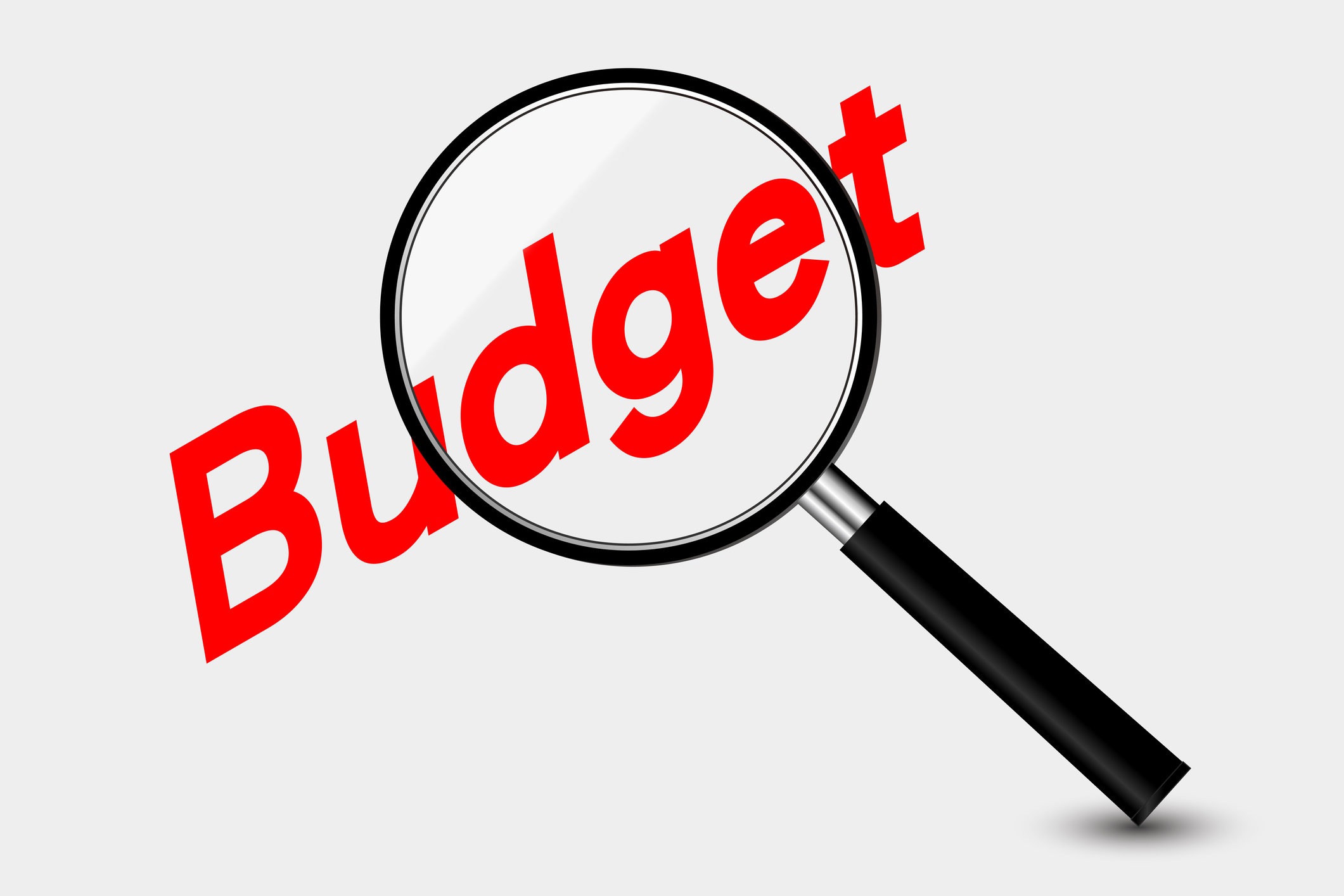The 2019-20 Federal Budget has been heralded as ‘a budget for the taxpayer, complete with congestion busting measures that will future proof Australia’ for generations to come.
UDIA National President Darren Cooper states, “Australia’s growth and population-induced city infrastructure pressures, has created a crucial opportunity for the Federal Government to re-shape our cities into functioning, liveable globally competitive urban icons.”
“We remain concerned however, that there were no direct new housing announcements contained in the budget last night that directly target unlocking more affordable housing supply and diversity. The development industry contributes around half a trillion dollars to the Australian economy and a well-functioning industry is crucial to the continued economic prosperity of this country.
“Infrastructure has dominated the Budget, delivering new major infrastructure funding commitments of a record $100 billion over a decade, new future Cities Deals, sought-after tax cuts and is accompanied by a well-considered and funded Population Plan with $23.4 Billion provided for a new Centre for Population.”
“We welcome the rolling infrastructure plan to help manage our growing population, meet our national freight challenge and get Australians home sooner and safer with a view to realising our 30-minute city concept,” he added.
The injection of $3 billion into the Urban Congestion Fund, a $2.2 billion Road Safety Package as well as an additional $1 billion for the next phase of the Roads of Strategic Importance initiative will propel congestion busting measures to improve our daily commute and ultimately quality of life for the community.
The additional $23 billion of new funding in 2019-20 for projects and initiatives will benefit every state and territory and provide local job opportunities for every day Australians.
“Whilst the initiatives are impressive, they haven’t gone far enough to address Australia’s current housing crisis and affordability.” With the latest census showing how homelessness has increased by 14% nationally and by 22% for people between 19 and 24, we are putting a generation at risk of ever being able to afford to buy or event rent a home.
“UDIA has long since advocated for a coordinated, cohesive approach which is detailed in our National Policy Agenda. Our overarching 6 pillared policy with solutions is aimed at reducing the housing affordability dilemma, examining the barriers to supplying new homes, and outlining what governments at all levels must do to create long lasting solutions.”
“Our State of the Land report last week forecast alarming shortfalls in potential housing supply with a 400% increase in the rate of abandoned multi-unit dwellings across the combined capital cities, in the past 12 months, putting even greater pressure on the rental supply market. Now it is even more important to introduce measures which will boost housing supply and diversity not deter it.
“We would like to see initiatives to incentivise the states by linking federal funding to state government performance on planning and overall property tax reform in addition to meeting the required housing supply targets. This also includes rezoning land for higher density housing around railway stations or areas of high jobs growth, and the development of a national process for the promotion of ‘Build-to-Rent’ housing.
“Build-to-Rent housing is already a globally proven housing choice option for people who rent their home and can be instrumental in addressing housing supply in Australia with the right policy settings,” said Mr Cooper.
Build-to-Rent assets should also be made eligible for the 15%managed investment trusts (MIT) withholding tax rates.
“We would also like to see a review of the 50% foreign ownership investment cap in new developments because attracting international funds is crucial to improving housing supply, whilst also contributing to government tax revenue.
“While the highly anticipated tax cuts will give Australian’s more disposable income to immediately relieve cost of living pressures, they do little to provide sufficient funds to improve people’s prospects of affording to purchase a home.”
“We will continue to advocate initiatives which build on measures to ultimately provide more certainty and efficiency within the property industry that improves housing supply and affordability,” Mr Cooper said.
“Our campaign, “Building a liveable future for all Australians”, is raising these issues with both parties to develop a more efficient, liveable, and equitable Australia.”

